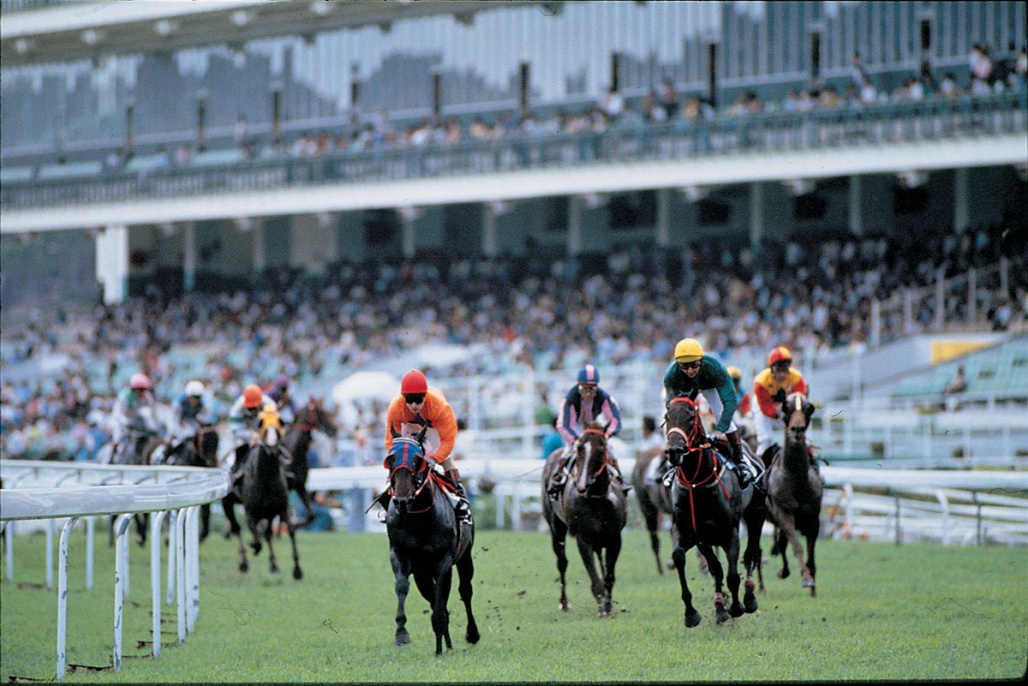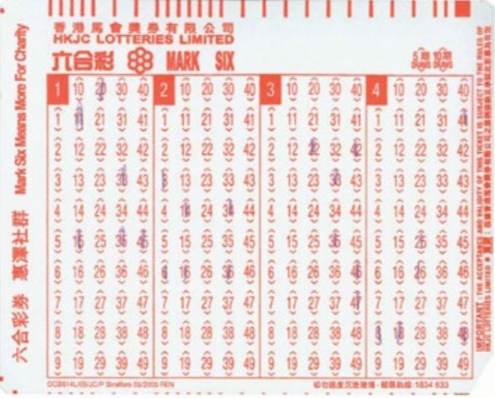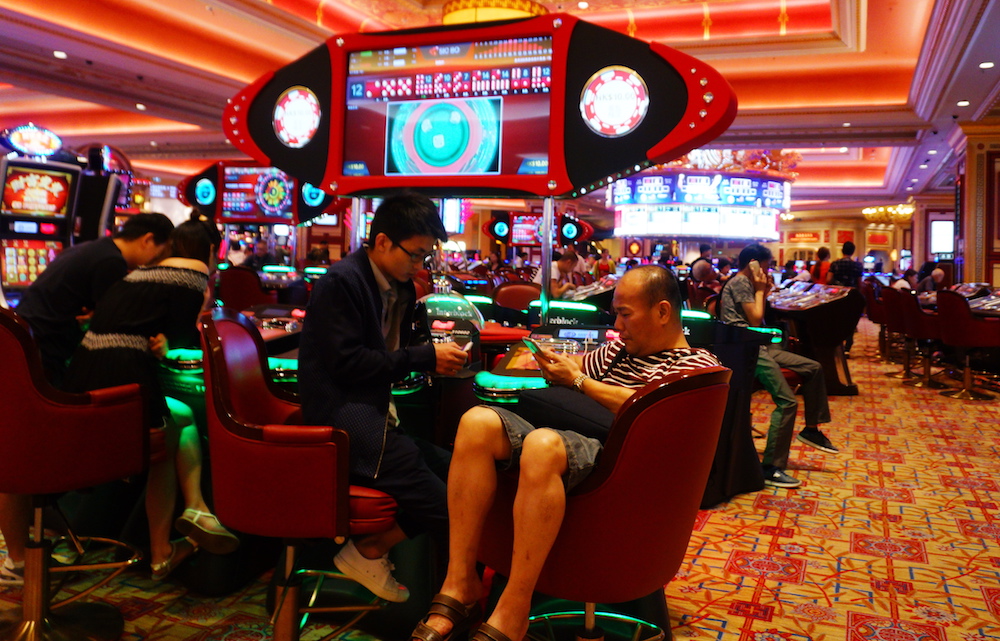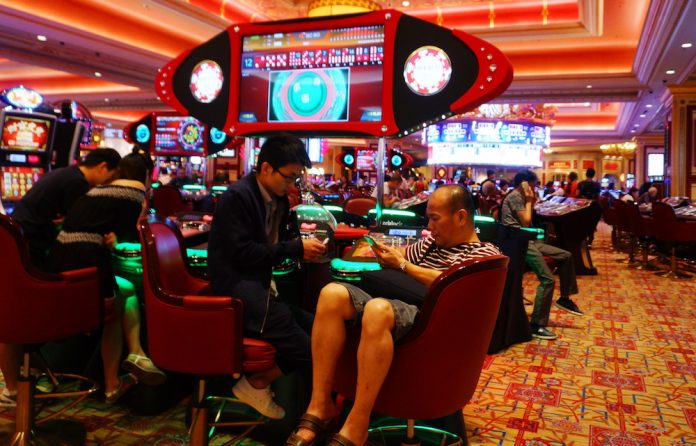Hong Kong residents enjoy gambling even if they don’t come to Macau.
Macau Business | June 2023 | Special Report | Macau – Hong Kong | So near, so far
Until the establishment of the Individual Visit Scheme in 2003, which allowed travellers from Mainland China to visit Hong Kong and Macau individually, it was predominantly tourists from Hong Kong who frequented Macau’s casino floors.
In other words, there has always been significant demand from Hong Kong residents for gambling in Macau.
According to numerous studies, the explanation for this is quite simple: gambling, even in its social and recreational form, is deeply ingrained in Chinese culture, and the population of Guangdong province is no exception.
In this context, comparative studies deserve special attention, such as the case of “Lifestyle and Addictive Behaviors Among Chinese Adolescents in Hong Kong, Macau, Taipei, Wuhan, and Zhuhai – A First Cross-subculture Assessment,” in which Professor Lue Li from Macau Polytechnic University (MPU) was one of the co-authors.
The study compared the standardised rates of three lifestyle behaviours (sedentary, dietary, and physical activity) and three addictive behaviours (cigarette smoking, alcohol consumption, and participation in gambling) among a sample of 13,950 adolescents. It concluded that the six health behaviours varied significantly across the different locations, with the highest rates of alcohol consumption in Hong Kong (39.5 percent), cigarette smoking in Macau (9.8 percent), and gambling in Taipei (37.1 percent) and Hong Kong (35.9 percent). The researchers stated, “Relative to Hong Kong, parental monitoring had a stronger association with the three addictive behaviours in the other sites. Although the study sites share a similar Chinese culture, students in the five cities differed from each other in terms of their levels of health behaviours.”
It is for these reasons that the prevalence of gambling in Hong Kong has been studied for several decades.

A study by the Hong Kong Polytechnic University found that 78 percent of the sample had participated in gambling activities during the previous year.
The most common forms of gambling were Mark Six (64.2 percent), social gambling (45.9 percent), and horse racing (30.4 percent).
According to the same research, in the student samples, 49.2 percent of the respondents had participated in social gambling (gambling with friends and family during holidays and festivals), and 19.4 percent had bought Mark Six. “The young participants often did not consider Mark Six a form of gambling,” state the authors, but rather leisure or fun activities.
In other words, Hong Kong residents do not need Macau casinos to gamble.
“When compared to other countries, the prevalence rates in Hong Kong and Macau are higher than those in the USA, Australia, or most European countries. One reason is that commercial gambling is more available and accessible in Hong Kong and Macao,” concluded the authors of the book “Problem Gambling in Hong Kong and Macao” (2016).
However, in recent years, there seem to be some changes.
The latest Report on A Study of Hong Kong People’s Participation in Gambling Activities, from the Social Sciences Research Centre at the University of Hong Kong, and commissioned by The Ping Wo Fund (December 2022), shows that “for many Gambling Disorder gamblers, football betting and horse racing were among the most popular types of gambling, followed by Baccarat in Macao casinos.”
“The young participants often did not consider Mark Six a form of gambling” – study

Throughout the interviews, the researchers learned that there were mentions of illegal gambling (football betting, Pai Gow, and basketball betting) via the internet or illegal venues.
Among the factors contributing to gambling disorders are what the authors call “External influences,” with emphasis on “Rewards and incentives for betting” in Macau casinos, as well as casino boats.
Since they offer many perks (e.g., free boat fares, reward points for hotel stays, membership discounts, etc.), “their reward systems entice gamblers to attend.”
One of the interviewees is quoted as saying, “I get a free hotel stay when I go there, so I can accumulate points for a free stay or tea.”
In other words, the relationship between gambling and Hong Kong does not depend on Macau, but the situation changes when we start talking about gambling disorders.
Another interviewee, a young lady, told the researchers that she started at 7-8 years old playing mahjong with her parents. In the initial phase, she remembered the family going to Macau casino, and she had to stay outside when she was young. Later, in the intermediate stage, she gambled online “fishing game” on her mobile and started borrowing money from friends and financial companies. “Now she spends all her salary on the game and has accumulated bad debts that she had to declare bankruptcy at 21 years old. Her family did not comment on her problem. She still thinks it is for leisure.
The profile

Using responses from 2,999 visitors from Hong Kong and 1,204 visitors from mainland China, a team of researchers led by Professor ZhongLu Zeng (MPU) reported in 2014 that respondents’ gender, education, occupation, and place of origin “had significant influences on gambling behaviours in Macau.” They also noted that “the more active gamblers were males, less educated, self-employed, and living in non-border regions of mainland China.”
Last year, another study originating from the MPU (authors: Wai Ming To and Gui-Hai Huang), called “Profiling of Gamblers and Problem Gamblers Among Casino Patrons in Macao SAR,” confirmed that problem gambling was significantly dependent on whether the gambler was male and self-employed (or as an employer). Moreover, the present study found that a respondent’s status, including being separated/widowed/divorced, living alone, aged between 35 and 54 years, and Buddhism, significantly affected their gambling behaviours. Thus, a middle-aged Chinese man who is self-employed, separated/widowed/divorced, and living alone had a high probability of being a problem gambler, probably due to his financial and family’s independent status with some years of casino gambling experience. While the association between Buddhism and problem gambling seems a bit surprising, it can be explained that Chinese men who are influenced by Confucianism and Buddhism see gambling, including casino gambling, as a socially reinforced activity and a way of testing one’s luck and fate.
Previous | Diversification: how to succeed in the shadow of Hong Kong?
